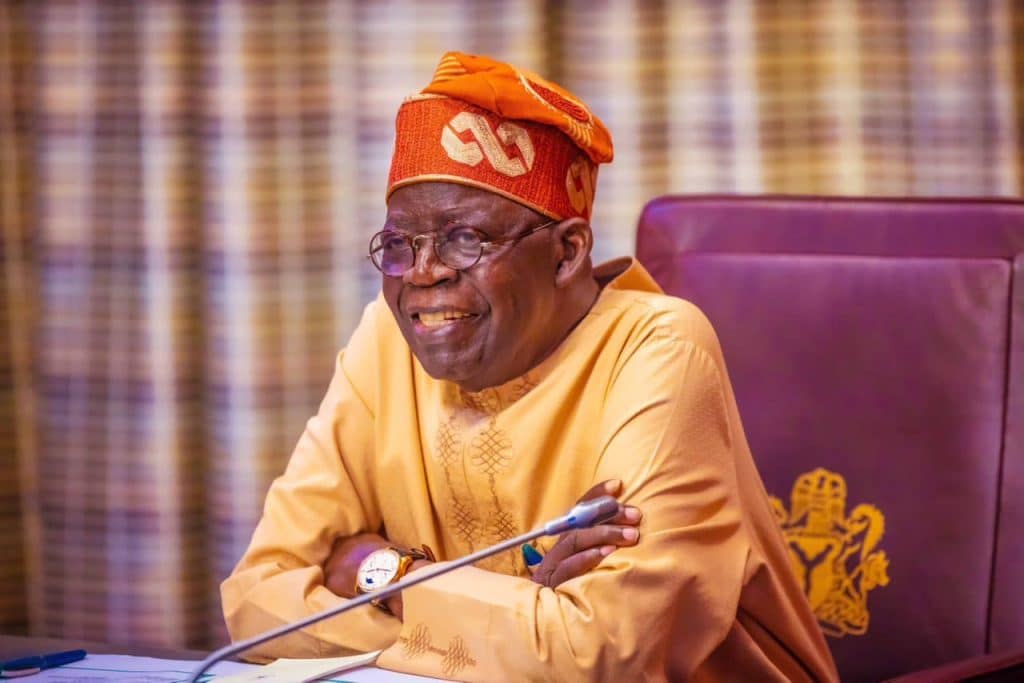POLITICS

PDP SINKS DEEPER AS APC CAPTURES SOUTH EAST, SOUTH SOUTH
The Peoples Democratic Party (PDP) is facing another wave of political losses as internal disputes and leadership challenges continue to shake the party months after the 2023 general elections.
Once regarded as Nigeria’s most dominant political force, the PDP is gradually losing its grip amid divisions, defections, and dwindling public trust.
At the same time, President Bola Tinubu’s All Progressives Congress (APC) appears to be consolidating its hold in the South-East and South-South—regions long considered the traditional strongholds of the PDP.
The latest setback for the opposition came as Enugu State Governor, Peter Mbah, officially announced his defection to the APC during a state-wide broadcast.
According to Mbah, his decision was driven by the need to strengthen the state’s relationship with the federal government.
“There always comes a time when people must make a bold choice about their future. After deep reflection, we have decided to leave the Peoples Democratic Party and join the All Progressives Congress,” he said.
Reports suggest that Mbah’s move will soon be followed by Bayelsa State Governor Douye Diri, who is believed to have finalised arrangements to defect.
Diri’s expected switch marks another major blow to the PDP, particularly in the South-South zone that once produced former President Goodluck Jonathan and had remained a PDP fortress for nearly two decades.
Earlier in the year, Delta State Governor Sheriff Oborevwori and Akwa Ibom Governor Umo Eno were also said to have joined the APC with their key political allies.
The PDP, which once dominated presidential, governorship, and legislative seats across the South, is now struggling to recover from deep internal crises and a lack of coordinated opposition strategy.
Analysts believe that with the opposition’s weakening base in the South, President Tinubu could face little resistance in these regions during his 2027 re-election campaign.
More states may defect soon – Udeh-Okoye
Former PDP National Youth Leader, Sunday Udeh-Okoye, has predicted that another South-East state will soon come under the control of the APC.
Speaking on a television programme, he said:
“Just wait and see; very soon, another state will fall in the South-East to the APC.”
He added that the ruling party’s growing presence in the region had become “unstoppable,” but refused to disclose details, insisting the matter was confidential.
Bode George expresses surprise
Veteran PDP chieftain and Board of Trustees member, Chief Bode George, has expressed shock over Governor Mbah’s defection.
Speaking in a televised interview, George said he did not foresee the move, especially after recent peace efforts aimed at resolving the party’s leadership issues.
“I never saw it coming. When Anyanwu was reinstated as secretary, he urged his people not to attend meetings, and we wondered what was going on in the South-East.
Now that the issue has been settled and the convention date fixed, whatever position the East wanted would have been his. So, what’s the point of leaving now?” he questioned.
Mbah’s decision a costly mistake – Nnaji
Former PDP National Auditor, Ray Nnaji, has criticised the Enugu governor’s move, describing it as a “serious political miscalculation.”
Speaking in an interview, Nnaji said that although Mbah had every right to change parties, the decision might backfire.
“It’s his constitutional right, but the Constitution only penalises lawmakers for defection, not governors,” he explained.
He also claimed that the crowd that welcomed Mbah into the APC was largely “mobilised,” alleging that it did not reflect real grassroots support.
“The governor rented that crowd. He is not rooted among the common people; he’s more focused on elites and financial interests,” Nnaji alleged.
Nnaji blamed the PDP’s national leadership for allowing widespread defections to continue unchecked.
“The major problem with the PDP is weak leadership. The chairman should have acted swiftly to stop this. How many of those who defected are being challenged in court?” he asked.
He further alleged that Mbah deliberately left some loyal members behind to retain influence within the PDP structure in Enugu State, but warned that the plan would fail.
“He left behind loyalists to control the PDP while he enjoys his stay in the APC, but from my experience, it will not work,” he said.
Nnaji, however, downplayed the impact of the defection on opposition strength in the state, noting that the people, not politicians, determine electoral outcomes.
“Peter Obi proved that within a few months by winning over six million votes nationwide. The people, not elites, decide elections,” he concluded.
Analyst: PDP is now a sinking ship
Dr. Nduka Odo, a Communication Scholar at Peaceland University, Enugu, described the current state of the PDP as that of a “sinking ship,” saying many members are defecting merely to protect their political futures.
“The PDP has become a sinking ship, and nobody wants to drown with it,” Odo stated.
He added that while Mbah’s defection might seem strategic, it could end up benefiting the APC more than the governor himself.
“It’s now common for politicians to abandon the platforms that brought them to power for the ruling party. But the question is, whose interest does this serve — theirs or the people’s?”
Odo also questioned the logic behind Mbah’s decision to join the APC, pointing out that the party performed poorly in Enugu during the last general elections.
“Why not join a party that actually has the people’s support, like the Labour Party?” he asked.
He concluded by suggesting that the APC-led federal government might reward Enugu for aligning politically with the centre.
“It’s Mbah and his team who bring value to the APC, not the other way around. PDP in Enugu was still functional. Hopefully, the federal government recognises and rewards the state for this new alliance,” Odo added.
"This represents a significant development in our ongoing coverage of current events."— Editorial Board









